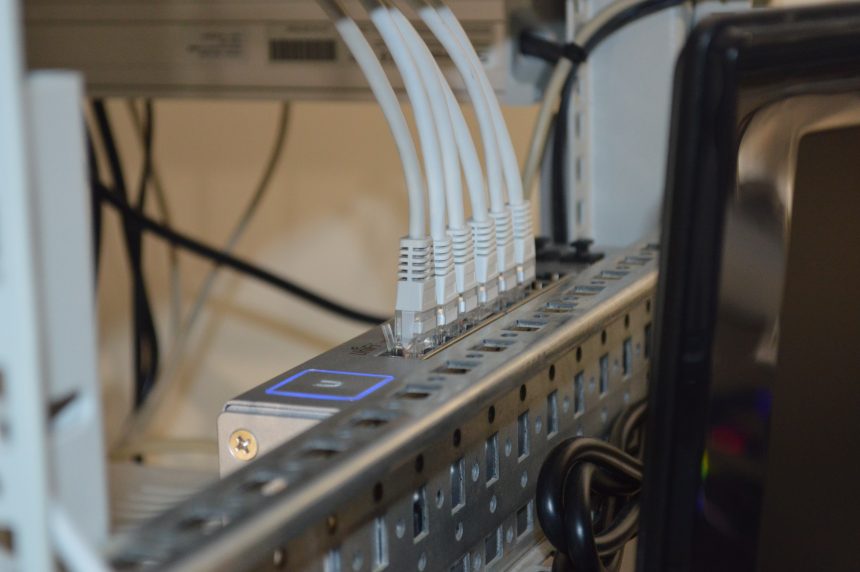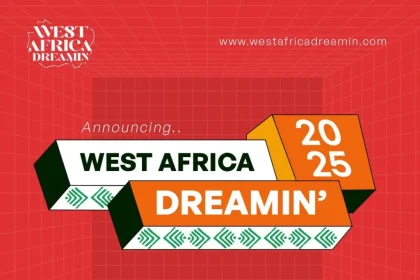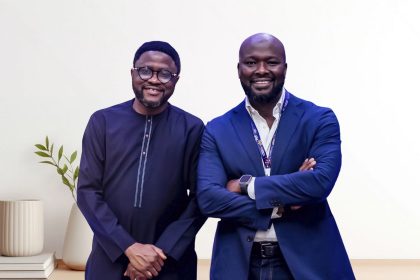Surfshark’s 5th annual Digital Quality of Life Index (DQL) ranks Ghana 96th in the world, dropping by eight places from last year.
Details
Out of the Index’s 5 pillars, Ghana performed best in e-security, claiming 83rd place, while facing challenges in e-infrastructure, ranking 108th. The nation ranks 86th in internet quality, 89th in e-government, and 103rd in internet affordability.
In the overall Index, Ghana surpasses Ivory Coast (103rd), but lags behind Nigeria (88th). Overall, African countries lag behind in their digital quality of life, Ghana taking 9th place in the region.

By The Numbers
Ghana’s internet quality is 15% lower than the global average.
- Fixed internet averages 58 Mbps in Ghana. To put that into perspective, the world’s fastest fixed internet — Singapore’s — is 300 Mbps. Meanwhile, the slowest fixed internet in the world — Yemen’s — is 11 Mbps.
- Mobile internet averages 15 Mbps. The fastest mobile internet — the UAE’s — is 310 Mbps, while the world’s slowest mobile internet — Venezuela’s — is 10 Mbps.
Ghana is tied with Ivory Coast, which performs exactly the same in e-security, but lags behind Nigeria taking 73rd place in this pillar
Compared to Ivory Coast, Ghana’s mobile internet is 53% slower, while fixed broadband is 11% faster. Since last year, mobile internet speed in Ghana has improved by 14%, while fixed broadband speed has grown by 7%.
Digging Deeper
The internet is unaffordable in Ghana compared to other countries.
- Ghanaians have to work 15 hours 18 minutes a month to afford fixed broadband internet. It is 51 times more than in Romania, which has the world’s most affordable fixed internet (Romanians have to work 18 minutes a month to afford it).
- Ghanaians have to work 2 hours 39 minutes 30 seconds a month to afford mobile internet. This is 10 times more than in Luxembourg, which has the world’s most affordable mobile internet (Luxembourgers have to work 16 minutes a month to afford it).
Ghana is 83rd in the world in e-security — 11 places lower than last year.
The e-security pillar measures how well a country is prepared to counter cybercrime, as well as how advanced a country’s data protection laws are. Ghana is tied with Ivory Coast, which performs exactly the same in e-security, but lags behind Nigeria taking 73rd place in this pillar.
“It’s troubling to see that Ghana ranks so low in the DQL Index. In many nations, ‘digital quality of life’ has merged into the broader concept of overall ‘quality of life’. There’s no other way to look at it now that so many daily activities, including work, education, and leisure, are done online.
Gabriele Racaityte-Krasauske, Surfshark’s spokeswoman.
Ghana is unprepared to fight against cybercrime but has some data protection laws.
Ghana is 108th in e-infrastructure and 89th in e-government.
Advanced e-infrastructure makes it easy for people to use the internet for various daily activities, such as working, studying, shopping, etc. This pillar evaluates how high internet penetration is in a given country, as well as its network readiness (readiness to take advantage of Information and Communication Technologies). Ghana’s internet penetration is low (46% — 108th in the world), and the country ranks 99th in network readiness.
The e-government pillar shows how advanced a government’s digital services are and the level of Artificial Intelligence (AI) readiness a country demonstrates. Ghana’s e-government is below the global average.
Globally, the internet is more affordable than last year.
- Fixed internet is 11% more affordable than last year—on average, people have to work 42 minutes less a month to afford it.
- Mobile internet is 26% more affordable than last year—people have to work 41 minutes less to afford it.
What They’re Saying
“It’s troubling to see that Ghana ranks so low in the DQL Index. In many nations, ‘digital quality of life’ has merged into the broader concept of overall ‘quality of life’. There’s no other way to look at it now that so many daily activities, including work, education, and leisure, are done online.
That’s why it’s crucial to pinpoint the areas in which a nation’s digital quality of life thrives and where attention is needed, which is the precise purpose of the DQL Index”, says Gabriele Racaityte-Krasauske, Surfshark’s spokeswoman.
Methodology
The DQL Index 2023 examined 121 nations (92% of the global population) based on five core pillars that consist of 14 indicators. The study is based on the United Nations’ open-source information, the World Bank, and other sources. This year’s study includes four more countries than DQL 2022, reaffirming Surfshark’s commitment to global representation.
Ghana’s full profile in the 2023 Digital Quality of Life report and an interactive country comparison tool can be found here: https://surfshark.com/dql2023?country=GH
Catch up on news and other tidbits on our WhatsApp Community Page, Twitter/X, and subscribe to our weekly newsletter to ensure you don’t miss out on any news.










